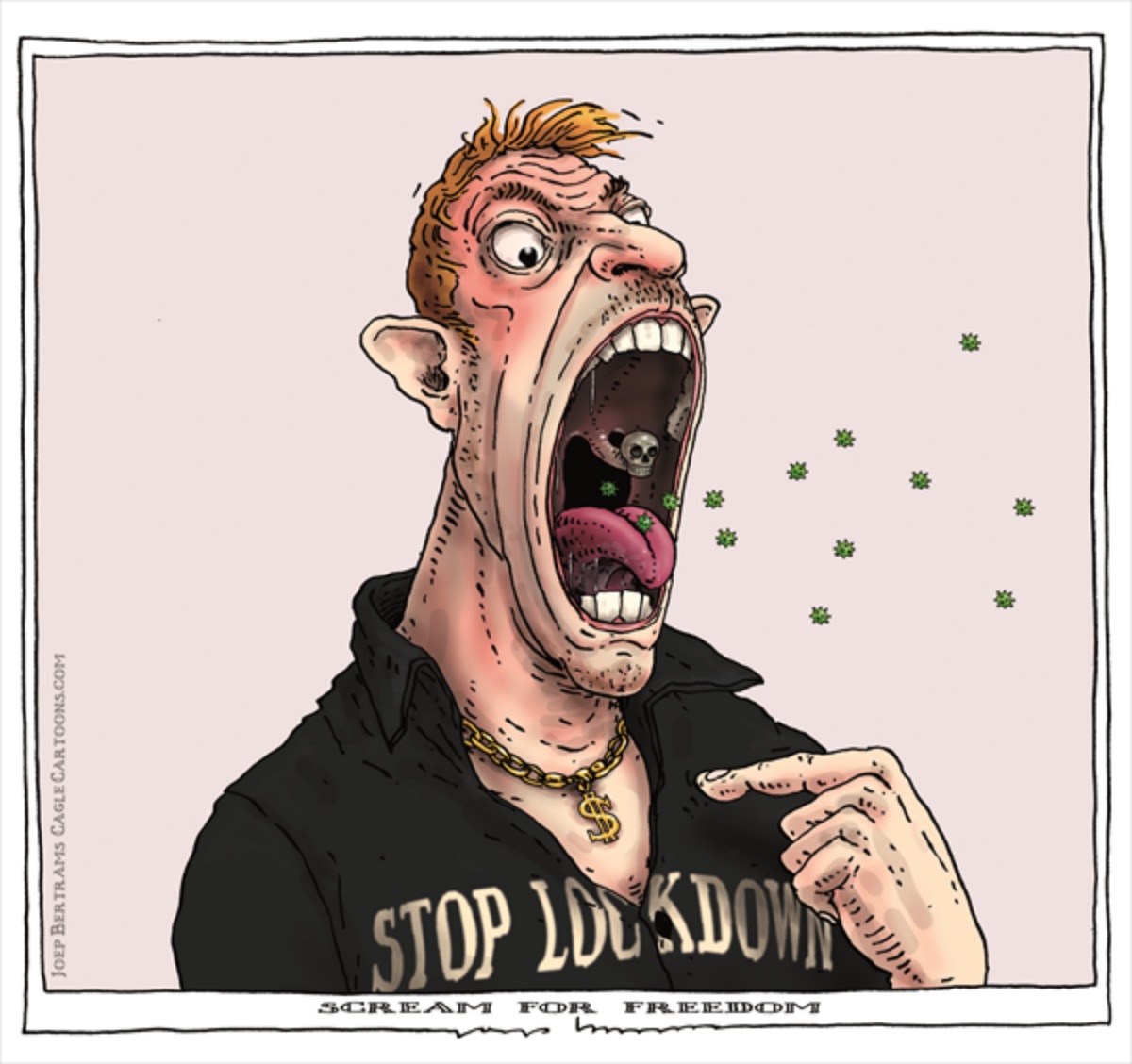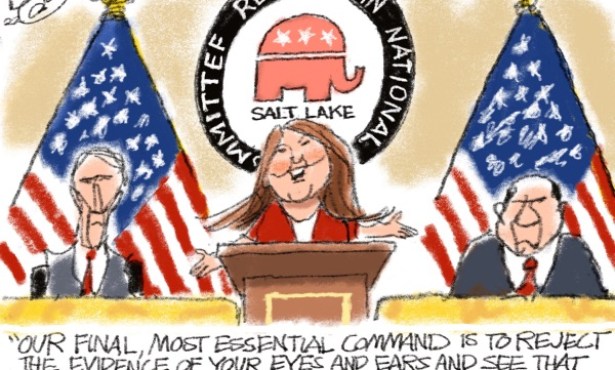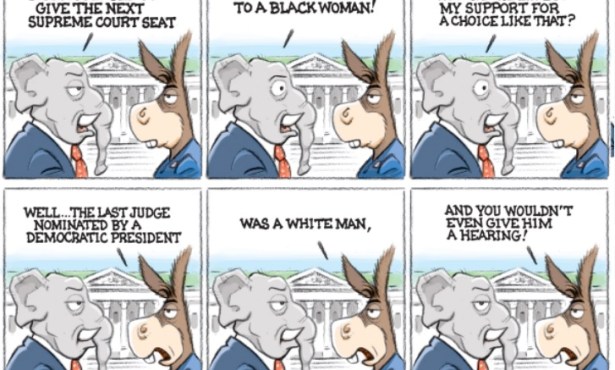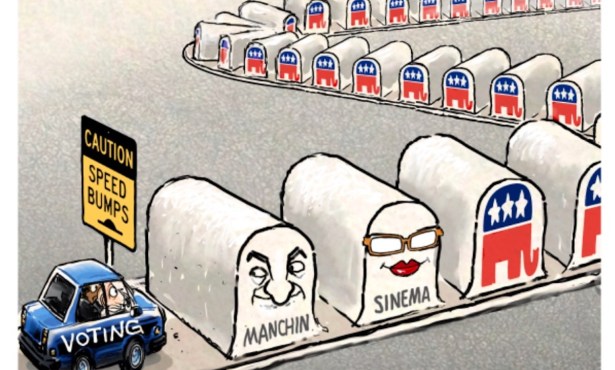The sci-fi movie The Day the Earth Stood Still has had two incarnations: the 1950’s classic and the 2008 remake. Their combined messages, warning humans, are relevant to the COVID-19 pandemic we are now living through.
In the original (starring Patricia Neal and Michael Rennie as the alien Klaatu), Klaatu tells Earth’s scientists that he represents an interplanetary organization that created a police force of invincible robots like Gort, the one standing guard at the spaceship: “In matters of aggression … have absolute power over us.” As an example of the alien’s superior technology’s ability to destroy life on Earth, Klaatu and Gort simultaneously stop all activity on the earth. Klaatu’s parting words: “Your choice is simple: Join us and live in peace, or pursue your present course and face obliteration. We shall be waiting for your answer.”
The backstory for the original version was the creation and use of the atomic bomb and its potential to annihilate life on the Earth as we know it. The backstory for the 2008 remake (starring Keanu Reeves as Klaatu and Jennifer Connelly) has an explicit environmental theme: global climate change. In the 21st-century version, we humans are destroying the Earth’s environment, and the aliens have come to save the Earth and its species, excluding us. All electrical activity on the Earth is simultaneously stopped to warn us to change our behavior as the alien stops a pandemic-like swarm.
In our present-day reality, COVID-19 has made the Earth stand still globally, mirroring the eerie images contrived in the films. Rather than understand that a virus capable of stopping virtually all activity on our planet, while killing more than 270,000 people, is a warning from Mother Earth, far too many of us miss the point.
As we watch states prematurely open up, and flocks of people stream to beaches, it appears that we are neither heeding the warning nor understanding the nature of it. Polling shows that less than half of Americans see the virus as “a real threat,” with large numbers going about their normal routines, including going to the beach on a warm sunny weekend. We are in the midst of a once in 100 years pandemic, being attacked by an invisible alien we call COVID-19. While we wait for the creation of a vaccine, our only defense is not infecting one another. The fact that large numbers of us can’t integrate the meaning of nearly 4 million cases worldwide (over one million in the U.S.), and more than 78,000 deaths nationally, suggests we are in the kind of trouble the aliens in the films were responding to.
This virus is a killer. It obviously jumps from human to human in crowded situations. At the least, we have an ethical obligation to not become infected and pass the disease on to others we come in contact with. However, there is a bigger picture here that we are obviously not connecting to. COVID is the result of our warming climate. It is unequivocally sending us a warning that if we don’t address our emerging climate catastrophe we will continue to suffer these kinds of health and economic dictates which Nature can and will inflict on us.
Most human diseases are caused by viruses and germs that come from animals (HIV from nonhuman primates, Ebola and COVID from bats). We are altering the environment faster than at any other time in history. Scientists point out that this is increasingly bringing humans and animals closer together than ever before, allowing things like viruses to explore humans as viable hosts.
To make matters worse, climate change is displacing human populations, exacerbating the crisis. The loss of clean water, food, and access to health care ensures rapid spread among these populations passed on to the rest of us.
Nature has warned us. As Klaatu said, “[Nature] is waiting for our answer.”




